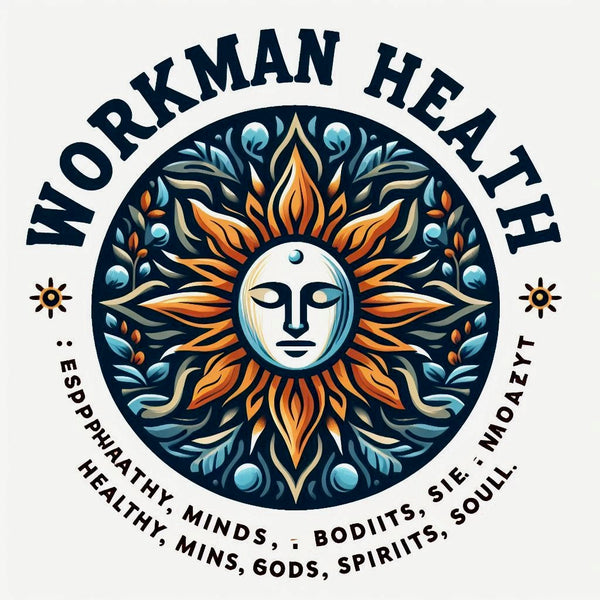WHY THE INTEREST IN IBOGAINE?
What Is Ibogaine?
Ibogaine is a naturally occurring psychoactive indole alkaloid found primarily in the root bark of the Tabernanthe iboga shrub, which is native to Central and West Africa. Traditionally, it has been used for centuries in African spiritual and healing ceremonies, particularly by the Bwiti religion in Gabon, Cameroon, and the Republic of Congo. In the West, ibogaine was marketed in France as a stimulant and antidepressant under trade names such as Lambarène and Iperton until the 1960s, when it was banned due to safety concerns.
Pharmacology and Effects
Ibogaine is classified as a hallucinogen, oneirogen (dream-inducing agent), entheogen, stimulant, and antiaddictive agent. Its effects are unique among psychedelics, often inducing a prolonged, dreamlike state that can last up to 36 hours. Pharmacologically, ibogaine interacts with multiple neurotransmitter systems, including serotonin, dopamine, glutamate, opioid, and acetylcholine receptors. It also increases the expression of neurotrophic factors like brain-derived neurotrophic factor (BDNF), which may contribute to its effects on neuroplasticity.
Medical and Therapeutic Uses
Addiction Treatment:
Ibogaine is most notable for its potential to reduce cravings and withdrawal symptoms in individuals with substance use disorders, particularly opioids, cocaine, alcohol, and nicotine. Several small-scale studies and anecdotal reports indicate that a single ibogaine session can lead to significant reductions in withdrawal symptoms and drug use, with some studies reporting that one-third to two-thirds of participants achieve sobriety after treatment. Its mechanism is thought to involve promoting neuroplasticity and allowing individuals to gain new perspectives on their addictive behaviors.
Other Potential Uses:
Recent research is exploring ibogaine’s effects on depression, anxiety, post-traumatic stress disorder (PTSD), and traumatic brain injury (TBI). Early studies suggest that ibogaine can improve symptoms of depression and anxiety in people with TBI and may have broader neuropsychiatric benefits.
Risks and Safety
Despite its therapeutic promise, ibogaine carries significant risks. The compound can cause serious cardiac arrhythmias due to its interaction with heart ion channels, and there have been reports of fatal outcomes, particularly in individuals with pre-existing health conditions or when used in non-medical settings. Over an 18-year period, at least 19 deaths were temporally associated with ibogaine ingestion, often due to acute heart failure or cardiopulmonary arrest. As a result, ibogaine is classified as a Schedule I substance in the United States, meaning it is illegal and considered to have a high potential for abuse and no accepted medical use.
Research and Legal Status
The legal status of ibogaine has restricted large-scale clinical research, though interest in its antiaddictive and neuropsychiatric properties is growing. Scientists are also developing synthetic analogues of ibogaine, such as 18-MC, which aim to retain its therapeutic effects while reducing toxicity and hallucinogenic properties. Recent advances in chemical synthesis may help make ibogaine and its derivatives more accessible for research and potential medical use.
Summary
• Ibogaine is a psychoactive alkaloid from the African iboga shrub, used traditionally in spiritual rituals and investigated for addiction treatment.
• It acts on multiple neurotransmitter systems and promotes neuroplasticity, which may underlie its antiaddictive and neuropsychiatric effects.
• Ibogaine therapy has shown promise in reducing withdrawal and cravings for various substances, but carries significant cardiac risks and is illegal in many countries.
• Research is ongoing to develop safer analogues and to better understand its mechanisms and therapeutic potential
